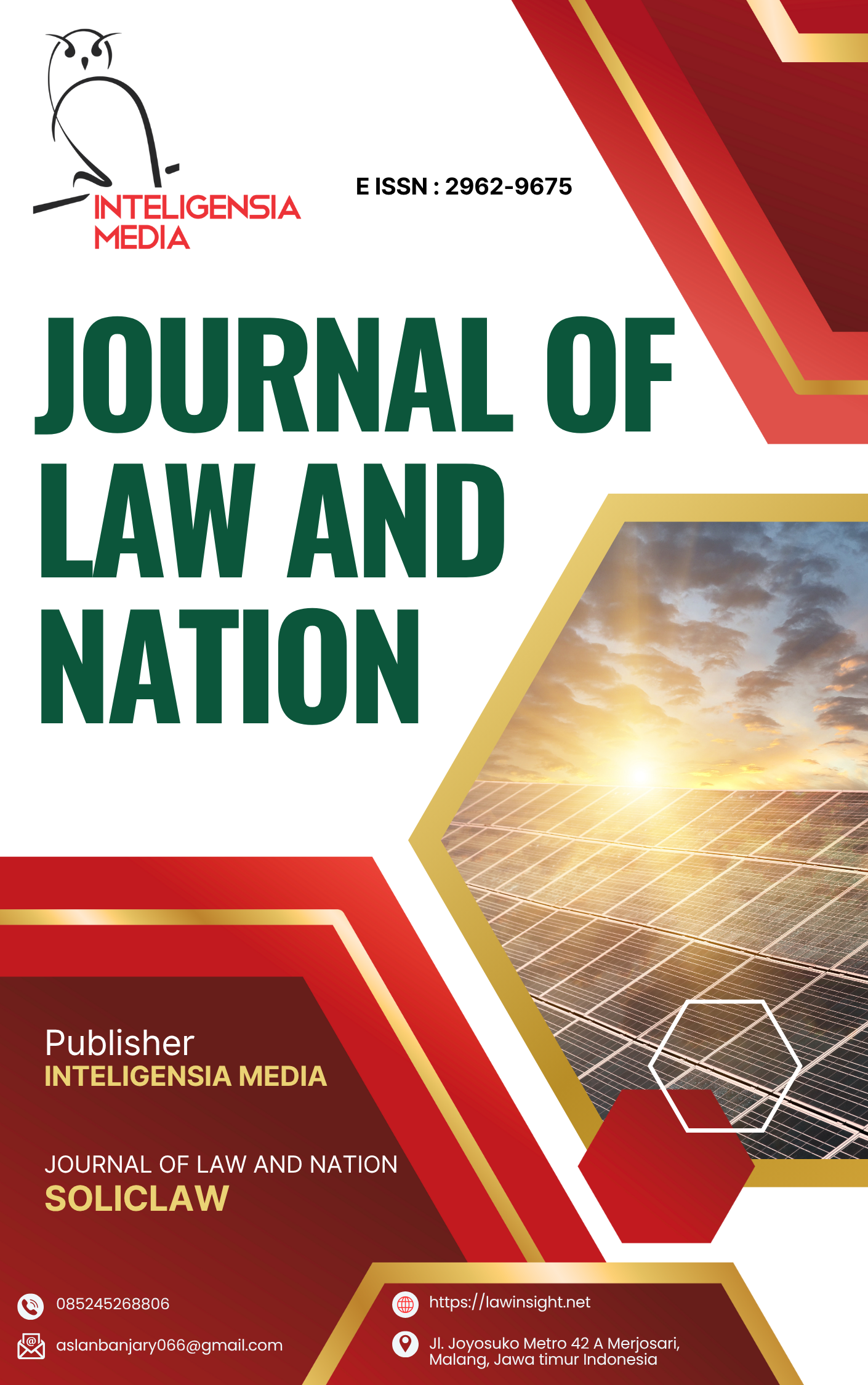ANALISIS YURIDIS TERHADAP SANKSI PIDANA PRAKTIK SURROGATE MOTHER(STUDI KOMPARATIF INDONESIA DAN PRANCIS)
Keywords:
Surrogate Mothers, Indonesia, FranceAbstract
This research aims to juridically analyze the regulations and criminal sanctions for perpetrators of surrogate mother practices through a comparative study between Indonesia and France. The method used is normative legal research with a statutory approach and a comparative approach to analyze the differences and similarities in the criminal law system in the two countries. This research is descriptive, aiming to provide a systematic description of existing regulations and sanctions. The collection of legal materials is done through literature study, by examining various laws and regulations, legal doctrines, and related jurisprudence. The results show that Indonesia and France have a counter attitude towards the practice of surrogate mothers. In Indonesia, regulations regarding Reproductive Health are regulated in the Minister of Health Regulation Number 2 of 2025 concerning the Implementation of Reproductive Health Efforts, Article 45 paragraph (5) which prohibits uterine borrowing services. Despite the prohibition, there are no specific criminal sanctions for surrogacy. Meanwhile, France prohibits the practice in its Criminal Code Article 16-7, which declares any surrogacy agreement null and void and its Criminal Code Article 227-12, which provides criminal sanctions for intermediaries. The surrogate mother is deemed to have abandoned the child and the intended parents are deemed to have simulated the birth under Criminal Code Articles 227-12 and 227-13. The comparison shows that Indonesia relies on sectoral regulations, while France uses a civil law foundation reinforced by criminal articles targeting commercialization, reflecting the difference in strictness in prohibiting surrogate motherhood practices.
References
Arikhman, N. (2021). TINJAUAN SOSIAL, ETIKA DAN HUKUM SURROGATE MOTHER DI INDONESIA. Jurnal Kesehatan Medika Saintika, 141.
Courduriès, J. (2018). At the nation's doorstep: the fate of children in France born via surrogacy. Reproductive Biomedicine And Society Online, 47-54.
Field, M. (1990). Surrogate Motherhood: The Legal And Human Issues, Expanded Edition. United States Of America: Harvard University Press.
Judiasih, S. D. (2024). Aspek Hukum Sewa Rahim Dalam Perspektif Hukum Indonesia (Edisi Revisi). Bandung: Refika Aditama.
Soekanto, S. (1981). Kriminologi: Suatu Pengantar, Cetakan Pertama. Jakarta: Ghalia Indonesia.
Sonny Dewi Judiasih, S. S. (2016). Aspek Hukum Sewa Rahim Dalam Perspektif Hukum Indonesia. Bandung: Refika Aditama.
Sulistio, M. (2020). Status Hukum Anak Yang Lahir Dari Surrogate Mother (Ibu Pengganti) Di Indonesia. Jurnal Education And Development, 141.
Wirtz, N. B. (2019). Surrogate Motherhood In France: Ethical And Legal Issues. Dalam P. Mostowik, Fundamental Legal Problems Of Surrogate Motherhood Global Perspective (hal. 106). Warszawa: Wydawnictwo Instytutu Wymiaru Sprawiedliwości.










